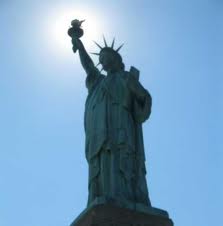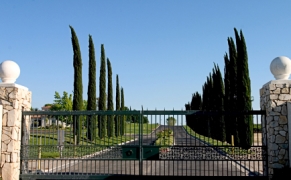The Criminology of “Oliver Twist”
 Let’s face it. The protagonist of “Oliver Twist” just isn’t a very interesting character. Things start out promisingly enough with his famous request, “Please, sir, I want some more.” And who can resist applauding when he gives the boorish Noah Claypole a well-deserved thrashing? But we’re then forced to endure nearly 400 pages of Oliver as an insufferable milquetoast, passively cast here and there to suit the needs of Dickens’ laughably improbable plot, weeping copiously on cue to amplify the author’s sentimental excesses.
Let’s face it. The protagonist of “Oliver Twist” just isn’t a very interesting character. Things start out promisingly enough with his famous request, “Please, sir, I want some more.” And who can resist applauding when he gives the boorish Noah Claypole a well-deserved thrashing? But we’re then forced to endure nearly 400 pages of Oliver as an insufferable milquetoast, passively cast here and there to suit the needs of Dickens’ laughably improbable plot, weeping copiously on cue to amplify the author’s sentimental excesses.
No, Oliver himself gives us no good reason to continue to read past page 50. It’s the villains who really carry the show. Mr. and Mrs. Bumble, of course, supply some darkly memorable comic relief, and they are villains of a sort. Venal and hypocritical public servants, we might think of them as the forebears of some of today’s white-collar criminals. (Mr. Bumble is also the source of a perennially favorite statement about the law; upon being informed that “the law supposes that your wife acts under your direction,” Bumble sputters helplessly, “If the law supposes that, the law is a ass–a idiot.” (402))
But the real scene-stealers are the criminals of a more conventional sort. Is there any doubt that Fagin is the most memorable and richly realized character in the book, with the murderous Bill Sikes not far behind?


